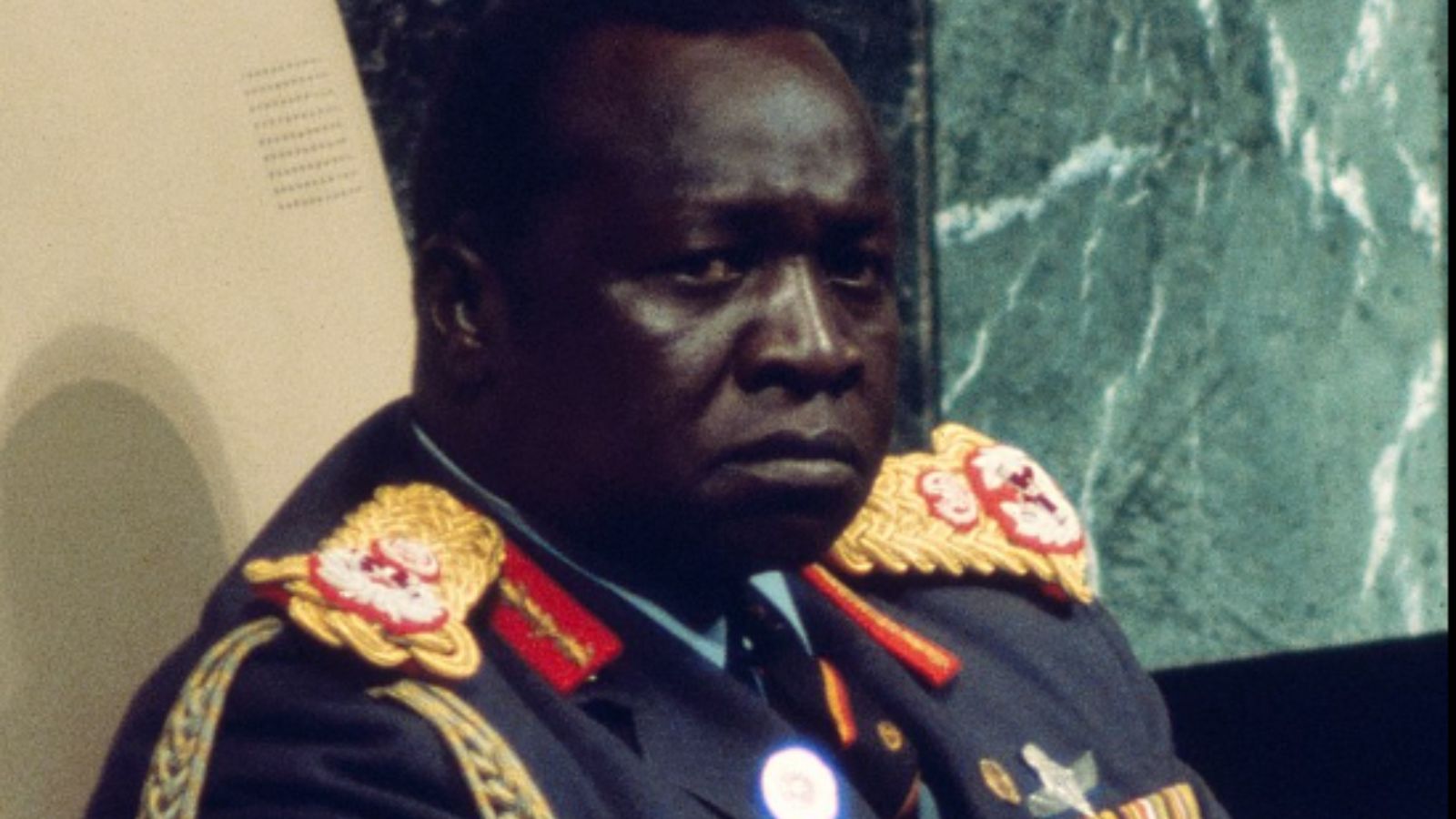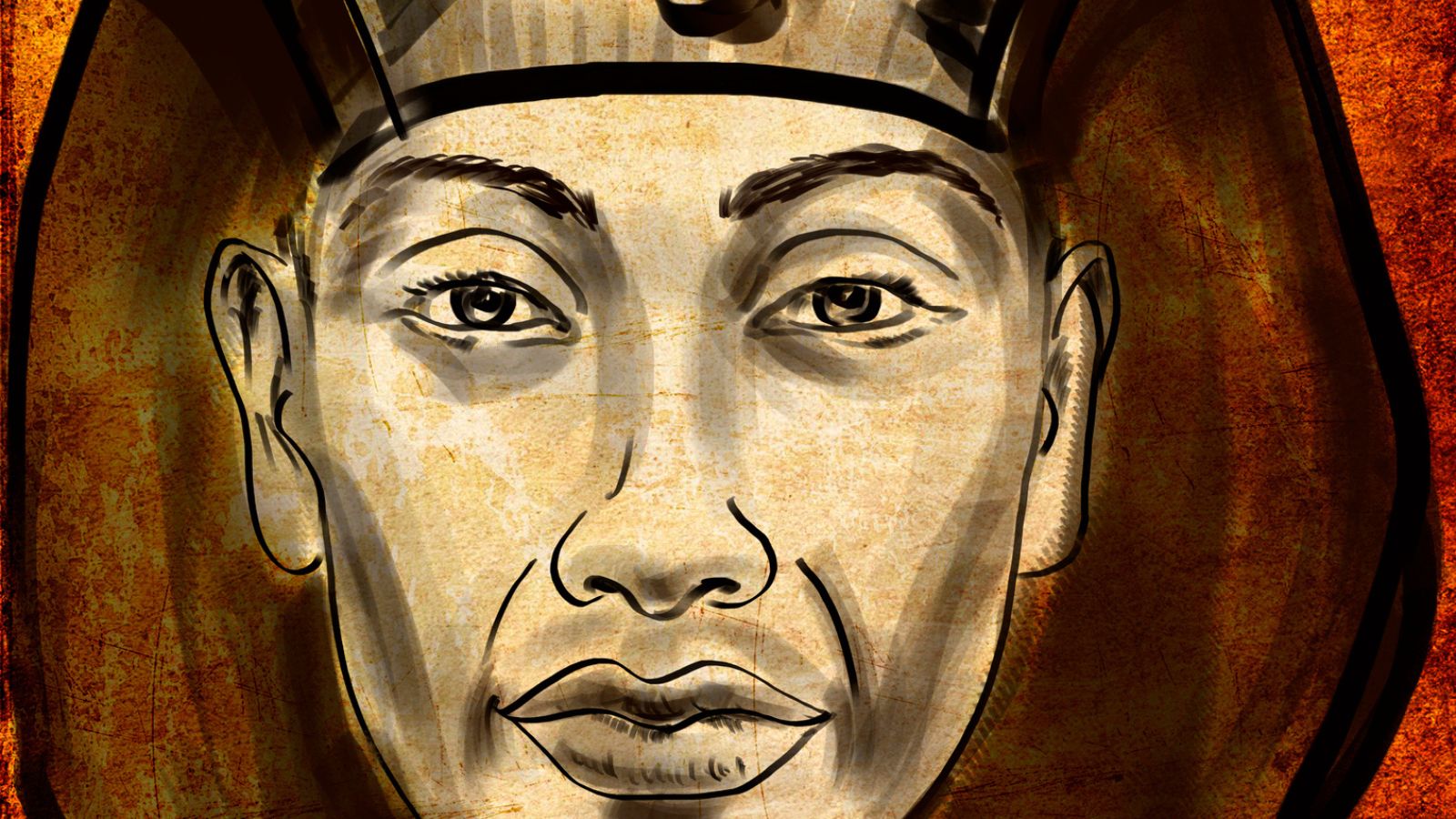The 12 Most Narcissistic People in History

Throughout history, there have been individuals who believed they were godlike beings, exhibiting what can only be described as extreme god complexes. These historical figures, driven by an insatiable thirst for power and control, viewed themselves as divine entities deserving of worship and obedience. Their delusions of grandeur left an indelible mark on the world, shaping the course of nations and causing immense suffering.
1. Caligula

Caligula, the infamous Roman Emperor who ruled from 37 to 41 AD, exhibited a god complex of epic proportions. He believed himself to be a living deity, demanding divine worship from his subjects. Caligula went as far as installing statues of himself in temples alongside the traditional Roman gods. His reign was marked by extreme cruelty, including acts of violence, sexual depravity, and a disregard for the welfare of his people.
2. Louis XIV of France

Known as the Sun King, Louis XIV of France reigned for a remarkable 72 years from 1643 to 1715. Louis XIV developed a god complex that was intertwined with his belief in the divine right of kings. He surrounded himself with lavish ceremonies and opulent displays of power, presenting himself as a godlike figure. With his absolute authority, he saw himself as the embodiment of the state and believed that he was answerable only to God.
3. Napoleon Bonaparte

Napoleon Bonaparte, the French military and political leader of the early 19th century, possessed an unparalleled sense of his own greatness. He viewed himself as a force of destiny, destined to reshape Europe and establish a new world order. Napoleon’s god complex was evident in his self-appointed title of Emperor, his grandiose coronation ceremony, and his desire to create a dynasty that would rule for centuries. His ambition and unwavering belief in his own invincibility led him to conquer vast territories but ultimately contributed to his downfall.
4. Kim Jong-il

Kim Jong-il, the late North Korean leader who ruled from 1994 to 2011, inherited a god complex from his father, Kim Il-sung, the founder of North Korea. Kim Jong-il propagated a cult of personality that elevated him to a godlike status in the eyes of his people. He demanded absolute loyalty and obedience, with his image and teachings permeating every aspect of North Korean society. Kim Jong-il’s god complex extended to his belief in his ability to control the weather, write operas, and his supposed supernatural birth.
5. Adolf Hitler

Adolf Hitler, the dictator who led Nazi Germany from 1934 to 1945, exemplified a god complex driven by an ideology of racial superiority. Hitler believed that he was the chosen leader who would lead the Aryan race to global dominance. His god complex manifested in his totalitarian control over Germany, the creation of a personality cult, and his desire for complete obedience and adulation. Hitler’s megalomania led to unspeakable atrocities and plunged the world into one of the darkest periods in history.
6. Ivan the Terrible

Ivan IV, also known as Ivan the Terrible, was the first Tsar of Russia, reigning from 1547 to 1584. Ivan’s god complex stemmed from his belief in his divine right to rule. He considered himself the ultimate authority, even declaring himself the “Third Rome.” Ivan’s rule was marked by extreme violence, including the creation of a secret police force, widespread purges, and his infamous rage-filled episodes, earning him the moniker “Terrible.”
7. Francisco Pizarro

Francisco Pizarro, the Spanish conquistador who led the conquest of the Inca Empire in the early 16th century, displayed a profound god complex driven by his insatiable thirst for wealth and power. Pizarro believed himself to be on a divine mission to spread Christianity and conquer new territories. He ruthlessly exploited and subjugated the Inca people, viewing himself as a superior being deserving of their worship and obedience.
8. Empress Wu Zetian

Empress Wu Zetian, who ruled China during the Tang Dynasty from 690 to 705 AD, possessed an unparalleled sense of her own divinity. She claimed that she was the reincarnation of a Buddhist deity and took various measures to reinforce her godlike status. Wu Zetian demanded absolute loyalty and obedience, purged her political rivals, and established a reign of fear and control. Her god complex was a central aspect of her controversial and impactful rule.
9. Joseph Stalin

Joseph Stalin, the leader of the Soviet Union from the mid-1920s until his death in 1953, developed a god complex rooted in his totalitarian control and cult of personality. Stalin presented himself as the infallible leader, attributing miraculous abilities to his persona. He instilled fear and obedience through mass purges, forced collectivization, and the creation of a pervasive surveillance state. Stalin’s god complex led to the loss of millions of lives and immense suffering during his reign.
10. Queen Ranavalona I

Queen Ranavalona I of Madagascar, who ruled from 1828 to 1861, exhibited an extreme god complex driven by her belief in traditional Malagasy religion. She saw herself as the guardian of her people’s customs and traditions, often resorting to brutal methods to enforce her authority. Ranavalona I implemented a policy of isolationism and fiercely persecuted Christians, earning her the epithet “The Mad Queen” in Western media.
11. Idi Amin

Idi Amin, the military dictator of Uganda from 1971 to 1979, possessed an extravagant god complex that manifested through his grandiose titles and bizarre claims. He declared himself the “Conqueror of the British Empire” and awarded himself numerous decorations and honors. Amin’s god complex led to widespread human rights abuses, including the persecution of ethnic minorities and political opponents, creating an atmosphere of fear and oppression throughout Uganda.
12. Akhenaten

Akhenaten, the pharaoh of ancient Egypt during the 14th century BC, exhibited a radical god complex centered around the worship of a single deity, the sun god Aten. He implemented sweeping religious reforms, replacing the traditional pantheon of gods with the exclusive veneration of Aten. Akhenaten even changed his name to reflect his newfound divine status. His god complex resulted in significant religious and social upheaval during his reign.
50 Super Simple Side Hustle Ideas

50 Super Simple Side Hustle Ideas (& How to Make Them Work)
10 Frugal Lessons I Learned From Being Flat Out Broke

10 Frugal Lessons I Learned From Being Flat Out Broke
How To Make Money Without a Job

How To Make Money Without a Job
Creative Ways To Make Money

20 Easy Ways to Raise A Credit Score Fast

Read More: 20 Easy Ways to Raise A Credit Score Fast
Frugal Living Tips: The Essential Guide To Start Saving Money

Frugal Living Tips: The Essential Guide To Start Saving Money






